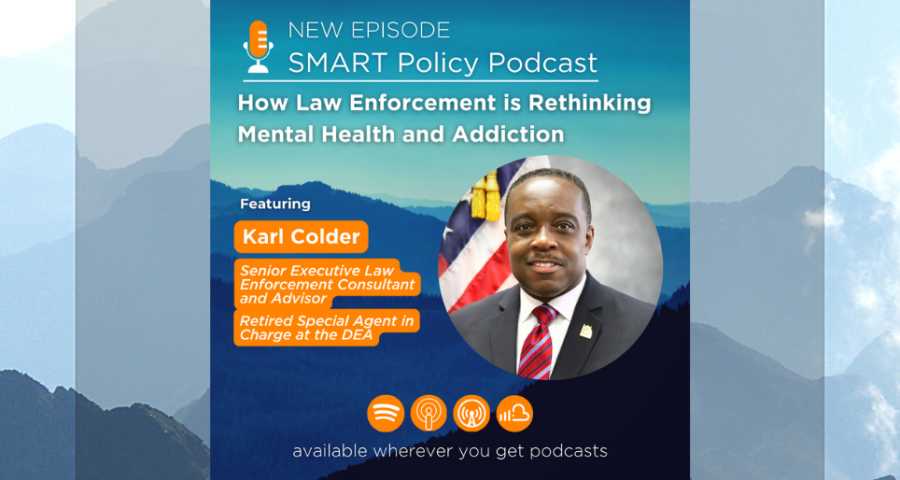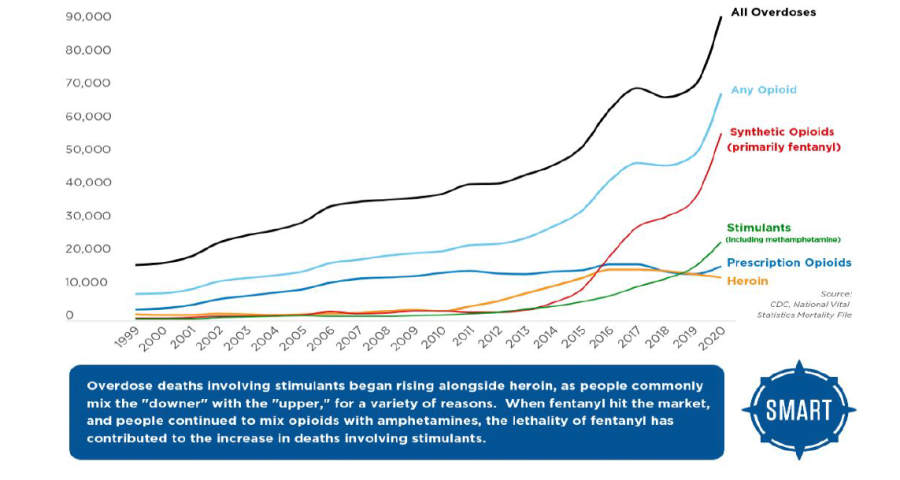Click here to listen on Spotify If anyone has gotten a true bird’s eye view of the drug problem in the United States, it’s someone like Special Agent Karl Colder of the U.S. Drug Enforcement Administration. From starting in Philadelphia when crack cocaine was the top concern to overseeing the
(Podcast) How Law Enforcement is Rethinking Mental Health and Addiction




